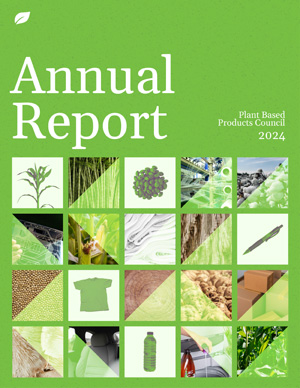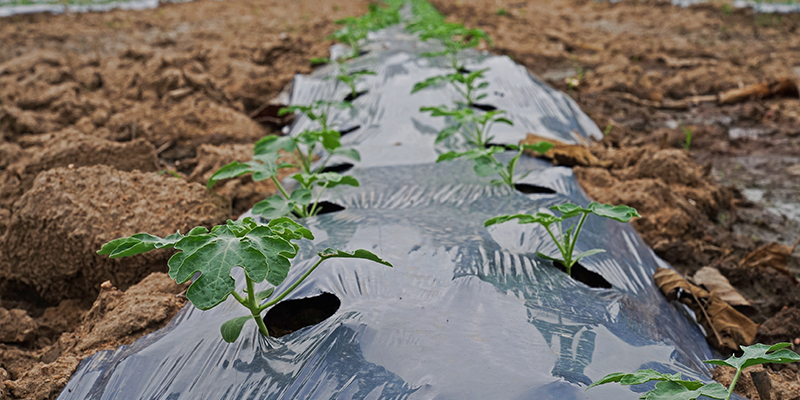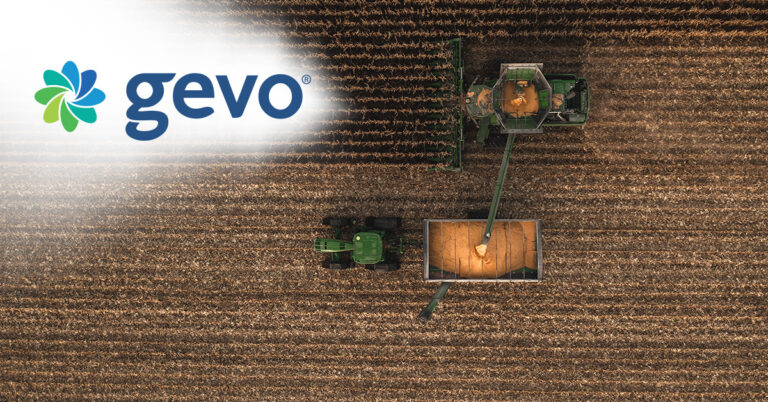Take Action – Support the Bioeconomy

The USDA BioPreferred Program lacks federal support—putting U.S. biobased innovation and jobs at risk. Tell Congress to fund and strengthen it.
Why are plant-based products important?
How is the lifecycle of a plant-based product different from the lifecycle of a traditional product? Plant-based products are made from renewable resources that can be disposed of in beneficial ways while many traditional products often end up in landfills. Learn how you can add more plant-based products to your life.
The plant-based products industry brings well-paying jobs to local, rural communities and contributes to quality-of-life improvements for people and the economy. Learn more about the economic impact.
Further, the global appetite for plant-based consumer goods is increasing. A growing biobased products industry can help meet that demand while driving a circular economy that relies on renewable resources and keeps those resources in use longer.
As America faces a number of natural resource challenges, including a waste management crisis, declining soil health, and diminishing water quality, increasing the adoption of plant-based products can help be part of the solution.
Plant Based Product Examples
We have an extensive list of Product Examples or you can find specific products in USDA’s BioPreferred Catalog.
Stay Up To Date with PBPC’s Blog
Annual Report

In 2024, PBPC observed its 5th anniversary and highlighted the role that ag-based bioproducts play in America’s economic success and the future of rural communities. Read our 2024 Annual Report to learn about PBPC’s efforts to drive policy certainty and consumer awareness for plant-based products.
Leading the Way for Plant Based Products
The Plant Based Products Council is the premier advocacy organization focused solely on working with policymakers and other stakeholders to advance both education and policy that helps position the plant-based products industry as leaders in innovation, providing jobs and economic opportunity to communities across the U.S., and bolstering environmental resiliency. Learn how we are taking action on PBPC’s priority policy and communications objectives.
Join Us!
PBPC represents businesses of all sizes that are driving economic growth and innovation through the development of plant-based products and packaging. We advocate for policies and initiatives that strengthen the bio-based economy, create new market opportunities, and enhance supply resilience and national security through plant-derived materials.
















